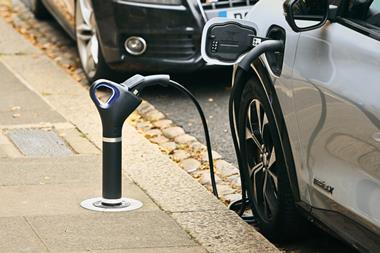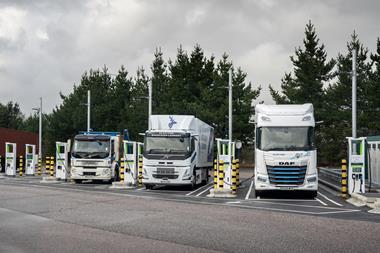
Proposed changes to planning rules should make it easier for forecourts to install EV chargepoints, easing bureaucratic pressures that can add years to the process.
The Planning and Infrastructure Bill, introduced this week to Parliament, brings a host of alterations aimed at making infrastructure and housebuilding projects easier, but a key change for forecourt operators revolves around the processes required before installing chargers for electric vehicles.
One of these is to do away with the need for firms to apply for specific permissions from councils, with this to be replaced by a direct application process with the Department for Transport.
Street works licences, which can take months to obtain, cost £500 to £1,000 and are required if operators need to work on pavements or roads when installing chargers, would not be required. In their place would be permits, with applications for these handled directly by the DfT. This process is projected to take two to five days, and be priced from £45 to £130.
Another proposed change is to enshrine in law a ‘first ready, first connected’ approach to new electrical installation projects. This would replace the current ‘first come, first served’ philosophy, which can see ‘zombie’ developments that have been hit with delays and postponements keep their place in the queue for electricity connections, which in-turn can prohibit projects that are ready for electricity from being linked to the grid.
Ministers hope that uptake of electric cars will be improved by increasing the number of EV chargers, with sales of electric vehicles continuing to fall short of official targets, jeopardising one of the UK’s key net zero ambitions.
Ken McMeikan, chief executive of Moto, welcomed the proposed changes, calling them “a step in the right direction to accelerate our efforts towards the transition to zero-emission vehicles.” McMeikan added that while his firm last year facilitated two million charging sessions across its network of MSAs, Moto has “encountered significant barriers in securing adequate power from the grid” when seeking to install chargepoints.































